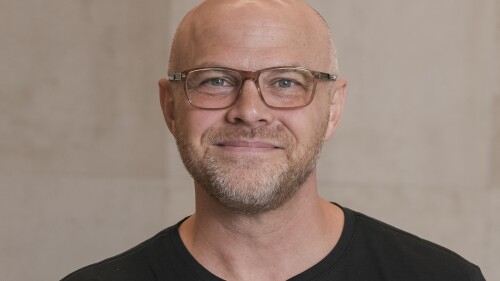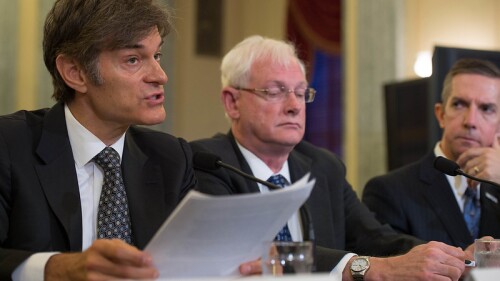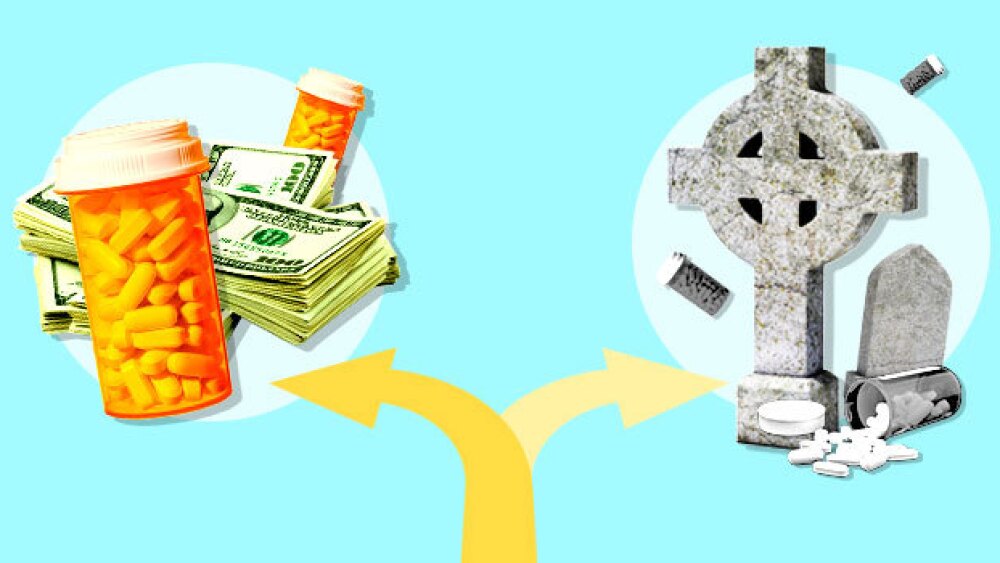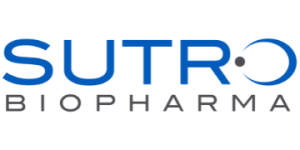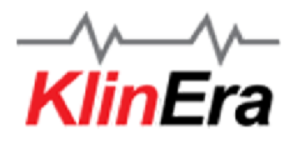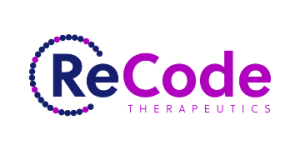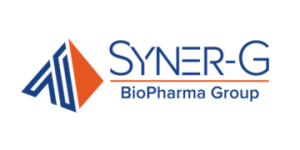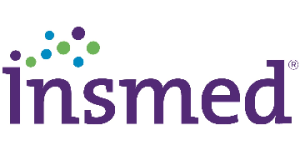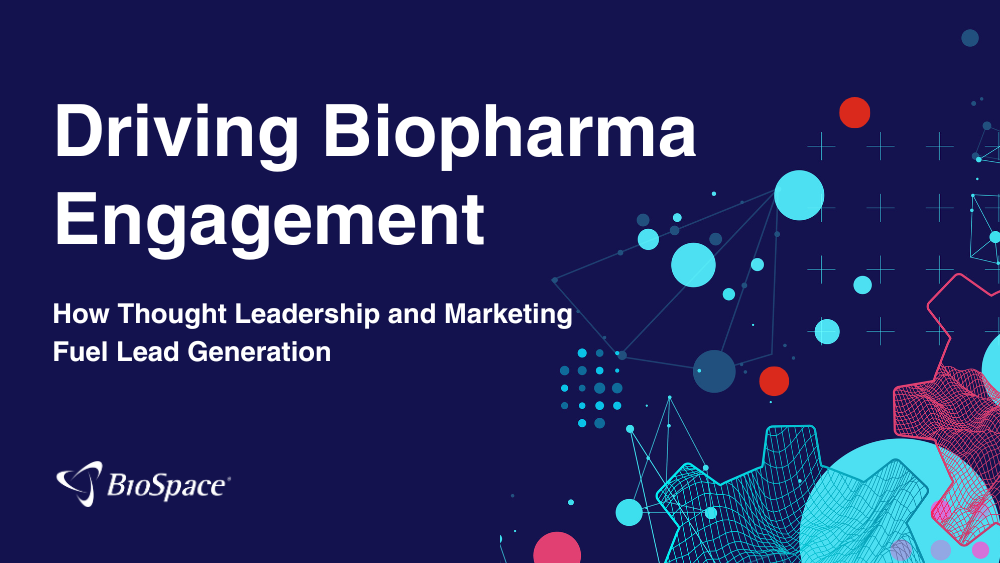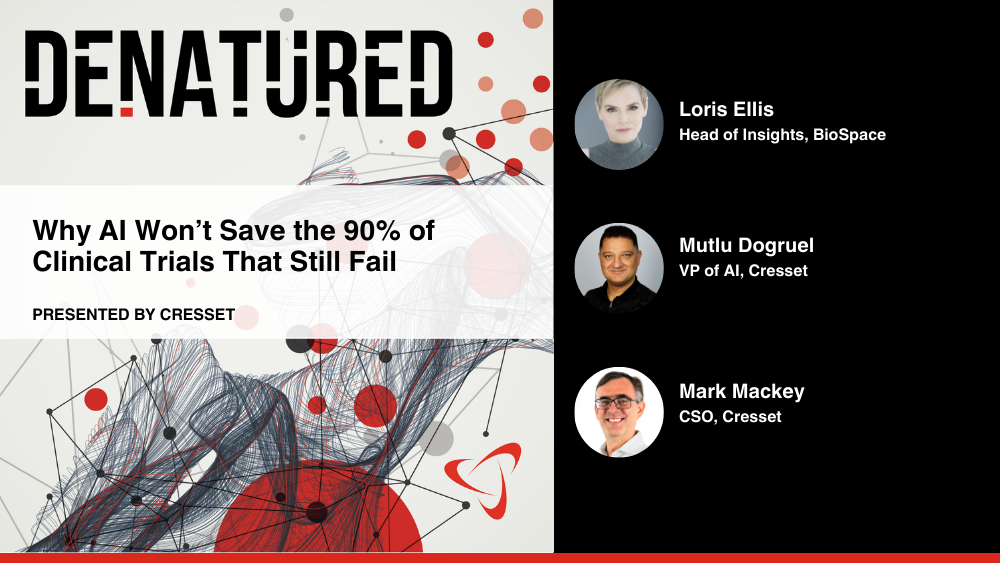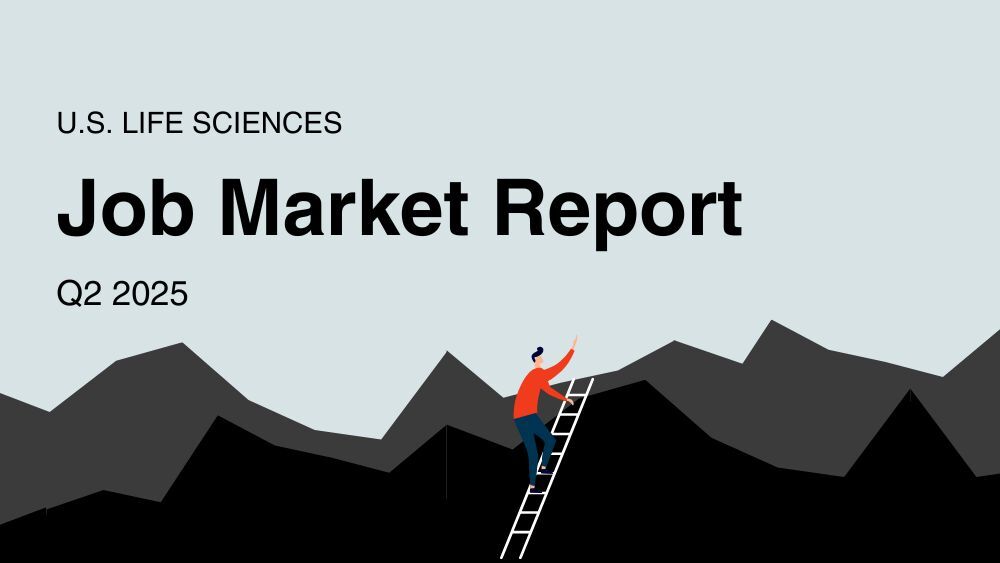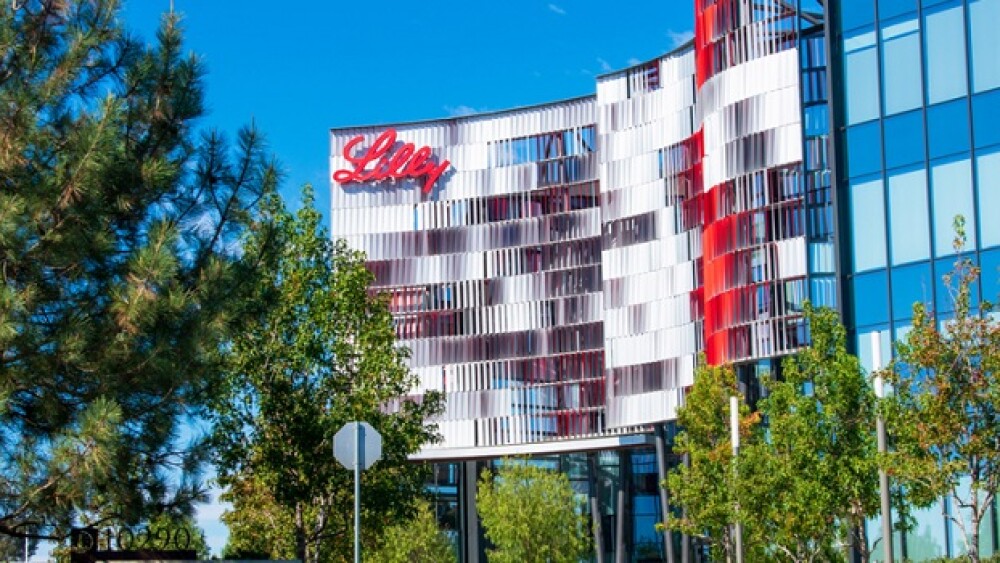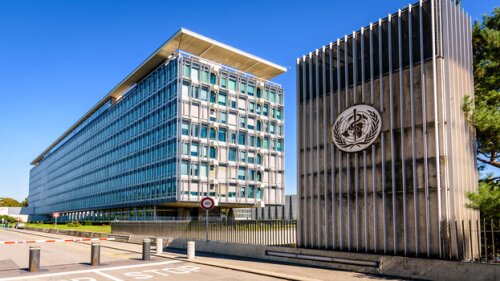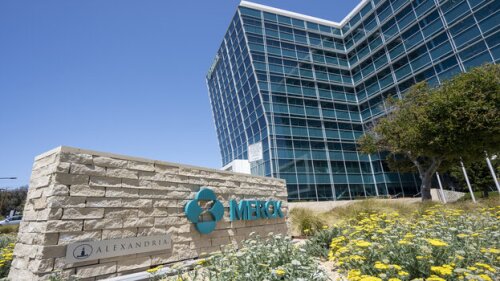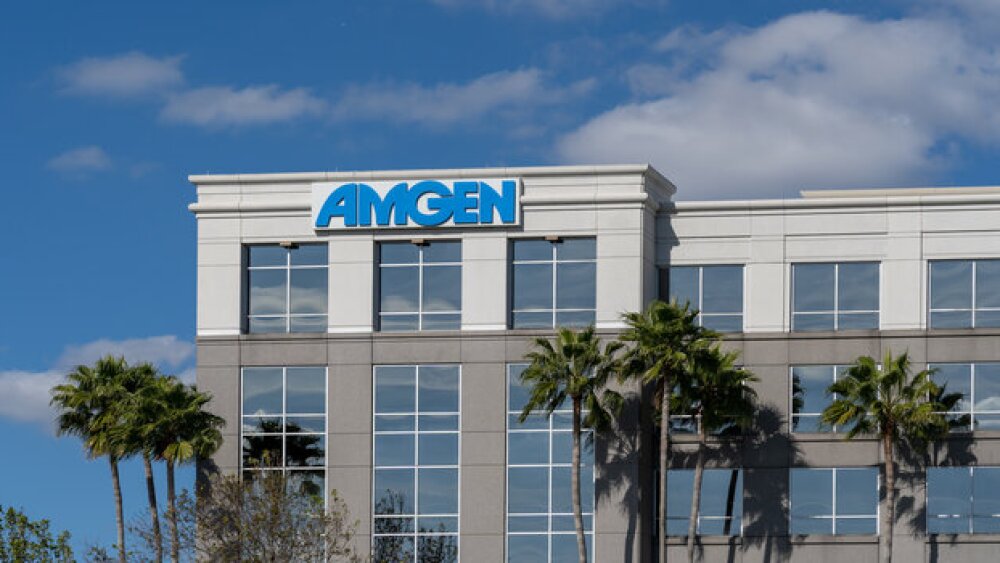The acquisition of SiteOne provides a bit of diversification for Lilly, which has burrowed into the obesity and diabetes space with mega-blockbuster tirzepatide and several follow-on molecules.
In addition to a $140 million series D, GRIN Therapeutics has signed a global licensing deal for the epilepsy disorder drug radiprodil worth $50 million upfront.
GlycoEra’s lead candidate targets IgG4 autoantibodies, potentially addressing autoimmune diseases such as muscle-specific kinase myasthenia gravis and pemphigus.
Acute systemic infection caused the patient to develop fatal capillary leak syndrome, highlighting the unpredictability of gene therapies and potentially challenging investment in the space, analysts say.
With $90 million to start, Syndeio has a lead asset in Phase II clinical trials for major depressive disorder, with plans to soon launch a biomarker trial in Alzheimer’s disease.
According to President Trump, CMS Administrator Mehmet Oz is a “tough hombre” who can bring down drug costs “like a rock.”
FEATURED STORIES
While these technologies are now a therapeutic reality, the ASGCT 2024 annual meeting this week was a reminder of just how far we are from widespread use.
At a Thursday ASGCT 2024 session, CBER Director Peter Marks made the case for a better, “more convergent” global framework on cell and gene therapies, especially for rare diseases.
Launched in 2021, the public-private consortium on Wednesday updated ASGCT attendees on its efforts to bring adeno-associated virus gene therapies to more rare disease patients.
A new BioSpace report finds that life science professionals are prioritizing diversity less when job hunting. Still, DEIB programs don’t appear to be going anywhere.
Amylyx’s recent decision to withdraw its ALS drug Relyvrio from the market highlights an important business decision for companies: when to continue marketing or investigating a drug that has failed a pivotal or confirmatory study.
As Sarepta Therapeutics moves closer to full approval and an expanded label for its gene therapy, some experts push back on clinical efficacy and cost while others note the hope it provides patients with Duchenne muscular dystrophy.
FROM BIOSPACE INSIGHTS
Establishing trust through thought leadership is no longer optional in today’s cautious biopharma market. Learn how strategic insights and targeted outreach can turn awareness into high-converting leads.
LATEST PODCASTS
Eli Lilly drops a second Phase III readout for orforglipron; AbbVie committed to the psychedelic therapeutics space with the $1.2 billion acquisition of Gilgamesh’s depression asset; the CDC taps vaccine skeptic Retsef Levi to lead its COVID-19 immunization working group; and the FDA prioritizes overall survival in cancer drug development.
Closely watched data from Eli Lilly and Viking Therapeutics this month have reignited the discussion around oral weight-loss drugs—and their ultimate place within the anti-obesity medication market.
In this episode presented by Cresset, BioSpace’s head of insights Lori Ellis discusses clinical trial fail rates and AI’s potential to reduce preclinical costs with Mutlu Dogruel, VP of AI and Mark Mackey, CSO of Cresset.
Job Trends
Pfizer Inc. invites investors and the general public to listen to a webcast of a discussion with David Denton, Chief Financial Officer, Executive Vice President, at the TD Cowen 44th Annual Health Care Conference on Monday, March 4, 2024 at 11:10 a.m. Eastern Standard Time.
Subscribe to Genepool
Subscribe to BioSpace’s flagship publication including top headlines, special editions and life sciences’ most important breaking news
SPECIAL EDITIONS
BioSpace did a deep dive into biopharma female executives who navigated difficult markets to lead their companies to high-value exits.
BioSpace data show biopharma professionals faced increased competition for fewer employment opportunities during the second quarter of 2025, with increased pressure from further layoffs.
BioSpace did a deep dive into executive pay, examining the highest compensation packages, pay ratios and golden parachutes—what a CEO would get paid to leave.
DEALS
-
In its third acquisition this month, Eli Lilly is buying antibody-drug conjugates startup Emergence Therapeutics to bolster its cancer business.
-
Eli Lilly announced Thursday it will acquire former collaborative partner Sigilon Therapeutics to deepen its diabetic foothold with a potentially functional cure for Type 1.
-
Despite a challenging economic climate and gloomy forecast, 2023 has still notched some mega-deals for biopharmas. BioSpace highlights the biggest deals in the industry this year.
-
The acquisition of the privately-held company will bring its novel, investigational beta-lactamase inhibitors and other antimicrobials into the Japanese pharma’s pipeline.
-
Banking on its lead antibody APG777 for atopic dermatitis, Apogee Therapeutics is filing an initial public offering for an as-yet-undisclosed value.
WEIGHT LOSS
-
The investment arm of the Novo Nordisk Foundation is acquiring contract development and manufacturing organization Catalent to help meet high demand for Ozempic and Wegovy.
-
The biotech is taking a synergistic approach to obesity with two muscle-preserving antibodies set to enter a Phase II study in mid-2024 in combination with existing incretin-based treatments.
-
Driven by soaring demand for its diabetes and weight loss drugs, Novo Nordisk on Wednesday reported better-than-expected full-year 2023 earnings with a 31% sales increase.
-
Stringent regulation, manufacturing costs and absence of price control contribute to high GLP-1 agonist costs in the U.S. Patients could go to other countries for cheaper treatment.
-
The persistent shortage of genuine glucagon-like peptide 1 receptor agonist products has led to an increase in fake versions, the World Health Organization warned on Monday.
POLICY
-
In a potential challenge to Pfizer’s Prevnar 20, Merck’s Capvaxive has been recommended by the Centers for Disease Control and Protection for use in preventing invasive pneumococcal disease in adults.
-
The U.S. Supreme Court on Friday overturned the long-standing Chevron doctrine, which required courts to defer to federal agencies and their interpretation of statutes, putting potential limits on the FDA’s regulatory decisions.
-
Rocket Pharmaceuticals’ gene therapy Kresladi has been hit with an FDA Complete Response Letter requesting additional chemistry, manufacturing and controls information to complete its review.
-
The FDA on Thursday rejected Merck and Daiichi Sankyo’s HER3-targeted antibody-drug conjugate patritumab deruxtecan in a Complete Response Letter, citing problems with a third-party manufacturer.
-
New recommendations from the Centers for Disease Control and Prevention call for the use of respiratory syncytial virus vaccines in adults aged 75 and older, but limited its use in 60- to 74-year-olds.
Our recent article describing six prominent careers in the biopharma industry was well-received by both college students and current biopharma professionals. As the first installment in a six-part series, we present an in depth review of a rewarding career as a genetic counselor.
A well-written thank you letter after interview can help you make an impact on the interviewers. It can increase your chance of getting hired so learn how to write one.
The more you funnel the universe of employers into a laser-focused, precise, narrow segment of those who would love to hire you, the more successful you’ll be.
Background checks, especially at the executive level, have become routine in the recruitment process.
Here we outline how to figure out what your dream job is and how to find dream job among the hundreds of job listings out there. This guide will help organize your job search.
If it’s time to move on, here’s how to maintain your productivity on the job while your job search. Use these tips to be productive in a new job search.
HOTBEDS
REPORTS
In this Employment Outlook report, BioSpace explores current workforce sentiment, job activity trends and the prospective job and hiring outlook for 2025, particularly as it compares to the previous year.
BioSpace’s third report on diversity, equity, inclusion and belonging in life sciences examines dramatic shifts in attitude around diversity initiatives.
CANCER
-
Bolstered by promising response data from its Phase II study, Amgen announced Thursday it got the FDA’s green light for its first-in-class bi-specific T-cell engager Imdelltra for extensive-stage small lung cancer.
-
Following back-to-back approvals in lymphocytic leukemia, Bristol Myers Squibb’s CAR-T therapy Breyanzi on Wednesday won the FDA’s green light for relapsed or refractory follicular lymphoma.
-
Two of the five fatalities were found to be unrelated to MacroGenics’ investigational antibody-drug conjugate vobra duo, while the other three are still under investigation.
-
ADC Therapeutics is positioning Zynlonta for a label expansion with new Phase II data showing that the treatment can elicit high rates of complete response in patients with relapsed or refractory marginal zone lymphoma.
-
Following the regulatory victory of Balversa in urothelial carcinoma, Johnson & Johnson on Friday continued its bladder cancer winning streak with an 82.8% complete response rate forTAR-200 in high-risk non-muscle invasive bladder cancer.
NEUROSCIENCE
-
The companies partnered to develop the antibody transport vehicle in late 2021, but will continue their 2018 agreement to pursue other drugs in preclinical development.
-
Amid a re-energized Alzheimer’s disease space, Quest Diagnostics offers what the company contends is the first direct-to-consumer blood-based biomarker test to assess disease risk.
-
Biogen’s $7.3 billion Reata acquisition and layoffs dominated this week’s news, while BMS and Roche reported second-quarter earnings and BioSpace looked at 12 late-stage neuro companies.
-
The Federal Trade Commission released new draft guidelines for assessing mergers, while an Alzheimer’s conference yielded promising data and J&J kicked off Q2 earnings season with a sound beat.
-
With Eisai and Biogen’s Leqembi now fully approved, researchers are exploring combinations—including with therapies targeting tau and microglial function—that could increase its effectiveness.
CELL AND GENE THERAPY
-
Appia Bio’s shutdown continues an unfortunate trend this year that has seen biotech closures nearly every month.
-
In late May, a patient died after receiving Rocket Pharmaceuticals’ investigational gene therapy for Danon disease, spurring the hold. After lowering the dose and changing the regimen of immune modulators patients receive, the company has received FDA clearance for the trial to continue.
-
The FDA has postponed its decision date for Regenxbio’s Hunter syndrome gene therapy to review additional longer-term clinical data for the asset.
-
Kriya is advancing a host of gene therapies for a wide variety of chronic diseases, including geographic atrophy, trigeminal neuralgia and type 1 diabetes.
-
Prasad Returns, Delany Departs, Lilly’s Weight Loss Pill Disappoints and Sarepta’s Fallout ContinuesCBER Chief Vinay Prasad reclaimed his job less than two weeks after his mysterious exit; MAHA implementor Gray Delany is out after reportedly sparring with other agency officials over communications strategy; Eli Lilly’s first Phase III readout for oral obesity drug orforglipron missed analyst expectations; and Arrowhead Pharmaceuticals addresses the recent woes of its of partner Sarepta.








